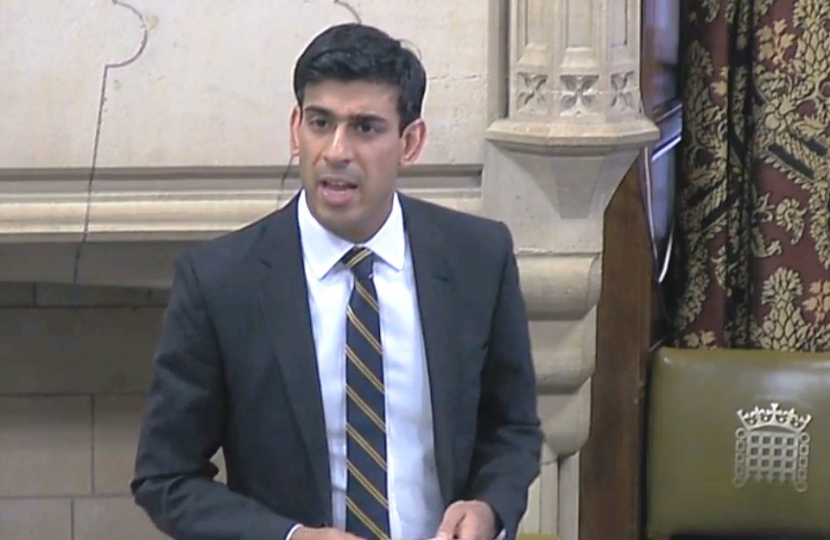
SWATHES of Yorkshire’s countryside could be changed forever if steps are not taken to sustain the struggling dairy industry, Richmond MP Rishi Sunak has said.
Speaking during a Westminster debate on the crisis in the UK dairy industry caused by collapsing prices, Mr Sunak said: “Without its dairy farmers, the lush fields of the Yorkshire dales in my constituency would soon turn to scrub and its dry stone walls would go unrepaired.”
He added that only if Government, industry and consumers worked together could the problems of the industry be fixed. One of his constituents – an 80-year-old dairy farmer – had described industry conditions as the worst in living memory.
Mr Sunak set out five key steps that should be taken to save the industry.
Firstly, farmers should get a fair deal overseen by a robust Groceries Code Adjudicator. He praised retailer initiatives from Tesco, Sainsbury’s and others, but called on retailers to expand the good work on liquid milk to other dairy products. The Groceries Code Adjudicator should be given additional powers to investigate downstream supply chains and indirect suppliers.
Secondly, more UK milk had to be turned into dairy products like cheese and yoghurt, he said. “There might seem that there are few things more British than an honest slice of Cheddar, yet almost half the cheddar consumed in the UK today is imported from overseas.”
He called for more investment in processing technology and capacity to turn more milk into butter, yoghurt and cheese, rather than importing. Better food labelling was essential to show consumers how much of their dairy produce was British.
Thirdly, the industry needed more dairy producer organisations. He said it was commonplace in Europe for farmers to band together to negotiate a better sale price for their milk and a lower purchase price for their feed, and to share machinery.
“In the UK we currently have only one such producer organisation,” he said. “In Germany, there are 143. If farmers are to balance out the power of big processers and retailers, that must change.”
The fourth step was the creation of as a working futures market. In New Zealand and America, futures were an important aid to price stability. He urged the Government continue its efforts to ensure that the relevant benchmarking data was available, which would help British dairy futures to become a reality.
Finally, Mr Sunak called on the Government at all levels to buy British. While a great deal of work had been done by national Government, more could be done at a regional level.
“We must push local government, the military, hospitals and schools to do their bit as well,” he said
Mr Sunak’s comments were made a few days after a Leyburn farmer, David Metcalfe, revealed he was now making more money from the slurry his dairy cows produced than their milk. The slurry is turned into power via an anaerobic digester.
